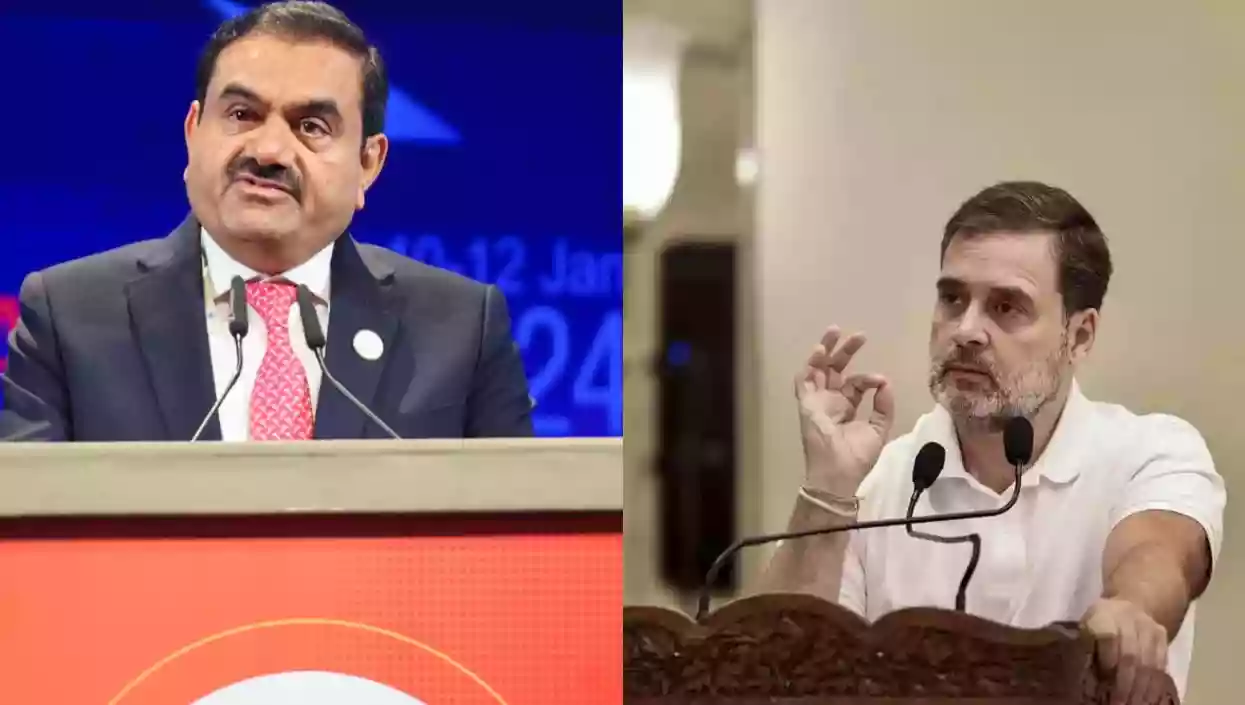Youth dies after alleged beating at South Garia drug rehab, family vandalizes centre in protest
.gif)
.gif)

Leader of the Opposition Rahul Gandhi intensified his attack on Prime Minister Narendra Modi on Thursday, alleging his complicity in corruption with Gautam Adani. Speaking at a press conference, Gandhi demanded Adani’s immediate arrest following his indictment by US prosecutors in a bribery case. According to the charges, Adani and his nephew allegedly paid Rs 2,029 crore in bribes to Indian government officials to secure solar power contracts between 2020 and 2024.
“It is now established that Adani has broken Indian and American laws. Yet, he roams free under the Prime Minister’s protection,” Gandhi said. The Congress MP accused PM Modi of shielding Adani, terming it a “vindication” of the opposition’s long-standing allegations about their nexus.
The US indictment alleges that the bribes were paid to officials from Andhra Pradesh, Odisha, Chhattisgarh, Tamil Nadu, and Jammu and Kashmir. Gandhi asserted that the investigations should be independent and span all states, irrespective of the ruling party.
"This man has acquired India’s assets through corruption. It’s my responsibility as Leader of the Opposition to raise this issue,” Gandhi declared. He reiterated his party’s demand for a Joint Parliamentary Committee (JPC) probe into the Adani Group’s transactions and signaled that the issue would be a focal point in the upcoming Winter session of Parliament.
The Congress leader’s remarks come in the backdrop of consistent allegations by the party about Adani’s proximity to the ruling BJP. At election rallies, Congress leaders have accused the government of favoring Adani in securing key infrastructure and energy deals.
Gandhi’s fiery statements included a call for Adani’s arrest and a wider probe into the dealings of the Adani Group. “Adani must be arrested, and all transactions thoroughly investigated. This is not just about one state or one party; it is about protecting the nation’s assets,” he said.
This latest development adds fuel to the ongoing debate over corporate favoritism and government accountability, setting the stage for heated discussions in Parliament and beyond.